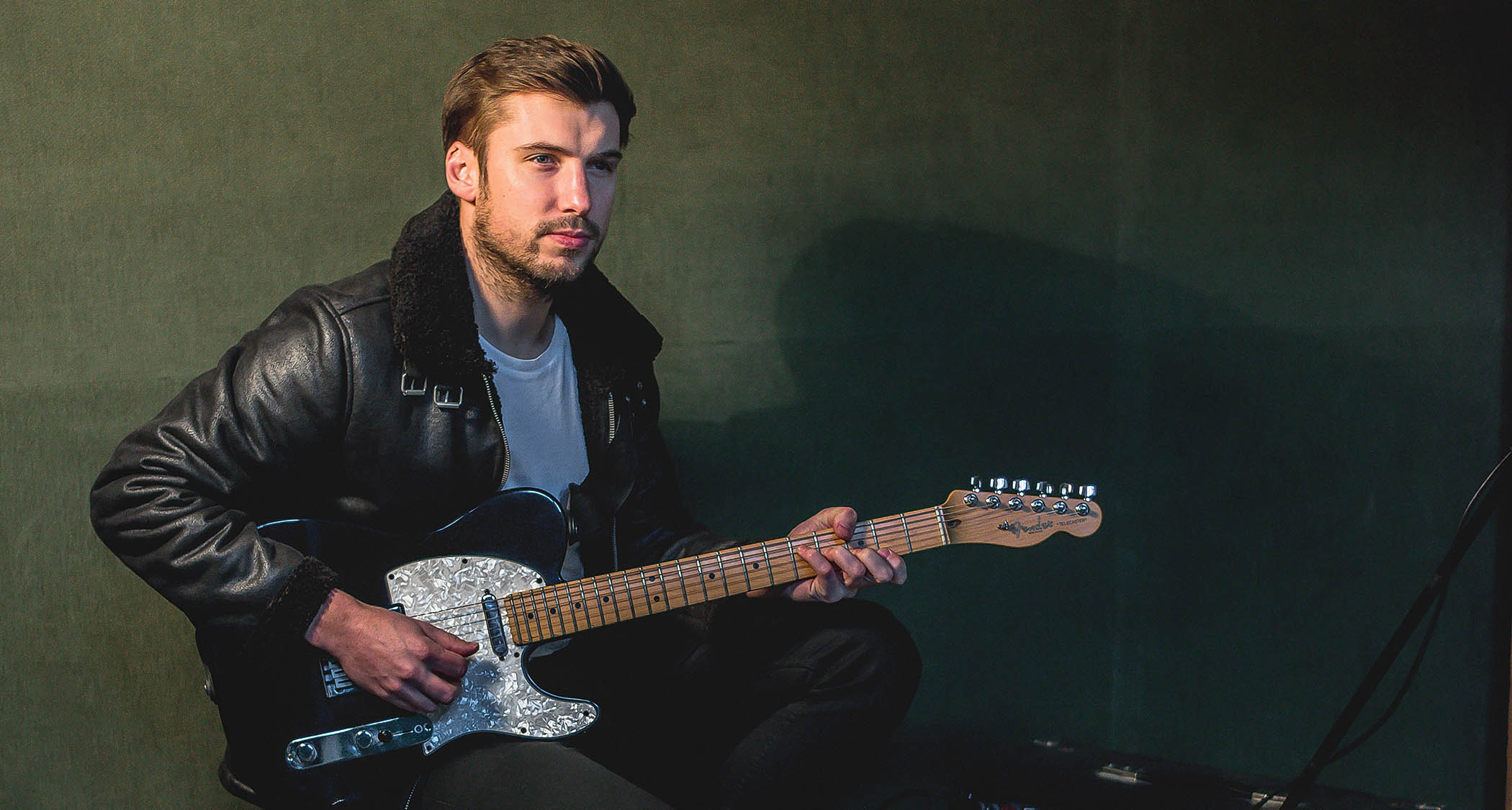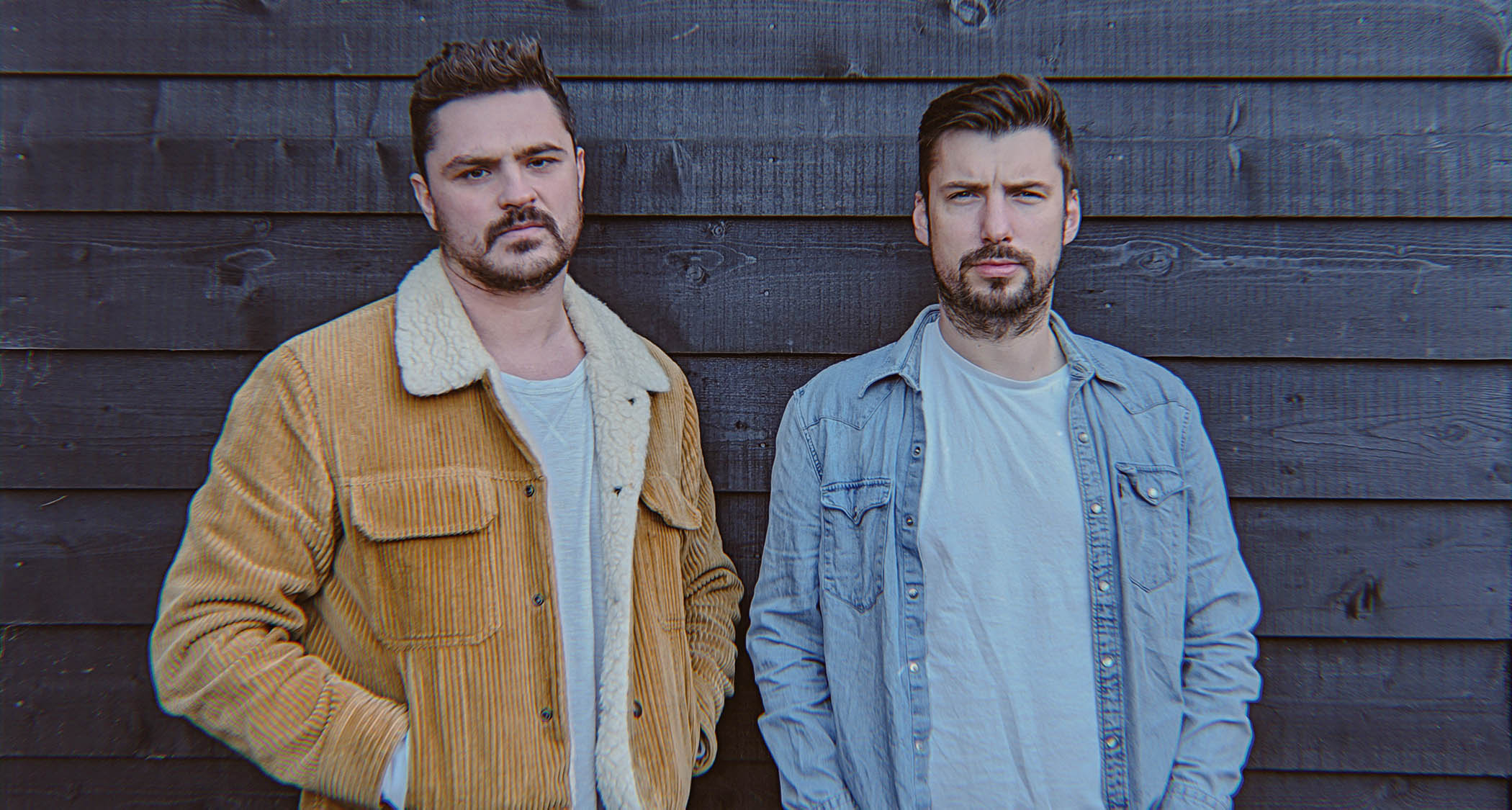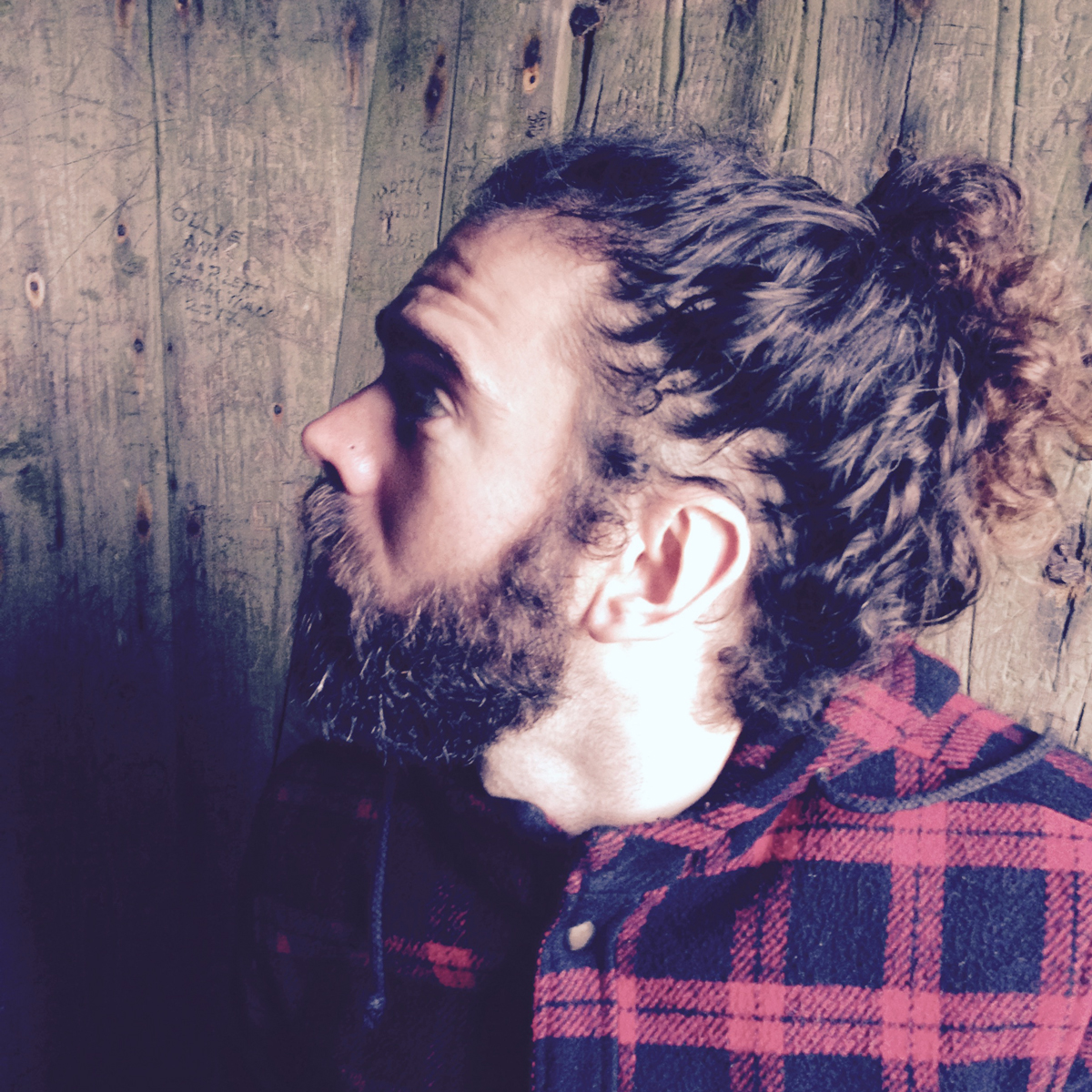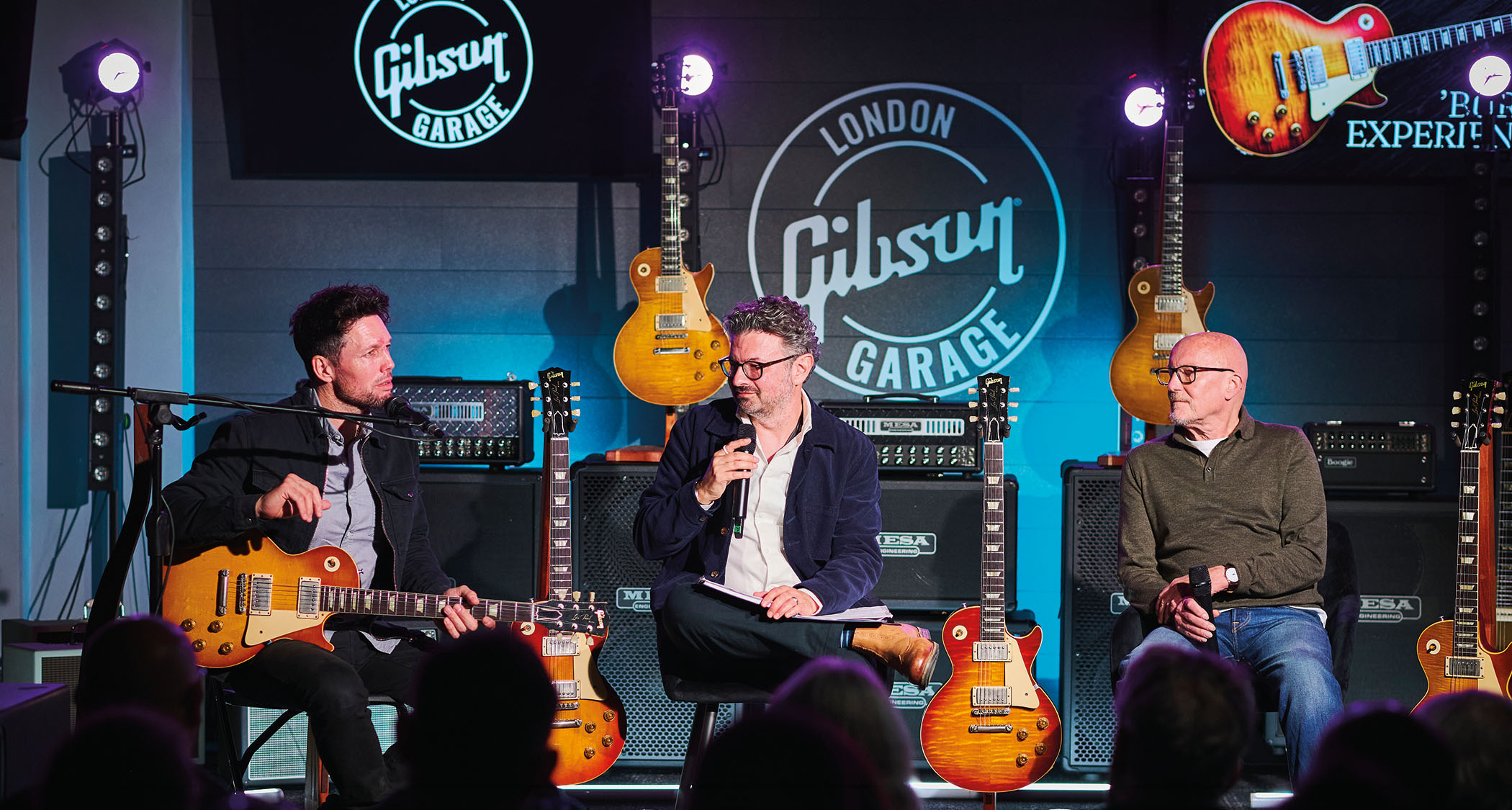“Back in the ’60s, none of those guys had Pro Tools. It had to be that take – and there’s a reason those recordings are still loved today”: Cash & Carter’s Ross O’Reilly is using a one-take guitar approach to write new songs for the old frontier
Cash & Carter's No Use Praying EP is essential listening for fans of Chris Stapleton, John Mayer and George Ezra, but maybe also of John Wayne, Randolph Scott and Sergio Corbucci too

Guitarist and music producer Ross O’Reilly is based in London and divides his time between production projects and his new alternative country influenced duo, Cash & Carter, where he works with vocalist and lyricist Shaun Smith, who often operates under the moniker Stealth.
This mainly acoustic-based duo is a departure for both musicians. “I’ve known Shaun for about 10 years now and we’ve worked together since,” Ross begins. “If you gave us a pop quiz on the background of Americana and country music then we might be in the bottom half, but we just love the sound of it. And Shaun is a big Johnny Cash fan.”
What’s In A Name
Cash & Carter feels like a bold name to slap onto a “boxfresh” (as Ross describes them) country duo, but Ross seems unfazed.
“It was quite handy that nobody else had [the name],” he says. “Picking a unique name now is nearly impossible and it was either that or we end up drawing names out of a hat and then all sorts of trouble can happen. But we just felt it fitted.
“And we didn’t think too much about the names associated with it… Not in a bad way, we just thought it would be cool and those two were in the right bracket. Fingers crossed it goes well with the EP.”
The Western Sound
Both Ross and Shaun come across as audiophiles, with Ross being a successful producer and Shaun an accomplished musician, so it’s no surprise that this endeavour was well thought out.
“I love old Western music and find it so interesting,” Ross says. “I’ll often ignore the film and just be thinking, ‘How have they made that sound?’ It’s a bit of a geeky thing, but we definitely took inspiration from that. Shaun and I are both film lovers and we’re often saying, ‘Check out this song on that film,’ because we’re very much into sounds.”
All the latest guitar news, interviews, lessons, reviews, deals and more, direct to your inbox!
We mention the music from Western television show Deadwood as an example. “Yeah, and back in the day I used to play Red Dead Redemption [video game] and the music was phenomenal. A lot was guitar led and there were detuned guitars with a load of reverb, and it sounded great.”
A Sound Balance
As he’s so finely tuned to sound and now making his own music, we wonder if Ross approached the recording of No Use Praying with a meticulous hand.
I’ve checked out Ariel Posen recently and his guitar is tuned down and it just sounds massive
“Well, I probably should spend more time on the guitar parts, but I find that the more I do the same part, the less life it has. And in my own sessions, I try some things out, but I want to get it down in one or two takes. I think it’s better that way.
“Back in the 60s and 70s, obviously none of those guys had Pro Tools so couldn’t jump in and pick out tiny parts of takes; it had to be that take and there’s a reason those recordings are still loved today, with all of their imperfections. They make it what it is.”
Trusty Steed
Although there are plenty of guitars on the EP, one modest instrument stands out. “Me and Shaun did a writing trip to LA,” Ross tells us. “I needed an acoustic, but there was no way I was taking my Gibson J-45 on a flight! But when I was younger my dad bought me a Yamaha Compass CPX and I love it, it’s one of my favourites to play.
“On the tracks All Of The Way and No Use Praying it was the main guitar and it’s been at the heart of the project. It’s not my favourite guitar and definitely not the most expensive, but it does the job. We did some live sessions for the EP and it was all on that Yamaha.”

Go Low
Ross mentions the down-tuned sounds of soundtracks, and it was a tweak he brought into the duo’s sound. “For the LA trip, I decided to string the Yamaha with 13s to make it a bit sturdier and then tune it all down a minor 3rd to keep the same setup. It’s basically C# [C# F# B E G# C#], so not quite baritone, somewhere in the middle.
“I’ve also got a ’64 reissue Relic Strat, which is my favourite guitar of all time, and that’s down a tone. I’ve checked out Ariel Posen recently and his guitar is tuned down and it just sounds massive.”
- No Use Praying by Cash & Carter is out now.
Glenn Kimpton is a freelance writer based in the west of England. His interest in English folk music came through players like Chris Wood and Martin Carthy, who also steered him towards alternate guitar tunings. From there, the solo acoustic instrumental genre, sometimes called American Primitive, became more important, with guitarists like Jack Rose, Glenn Jones and Robbie Basho eventually giving way to more contemporary players like William Tyler and Nick Jonah Davis. Most recently, Glenn has focused on a more improvised and experimental side to solo acoustic playing, both through his writing and his own music, with players like Bill Orcutt and Tashi Dorji being particularly significant.



